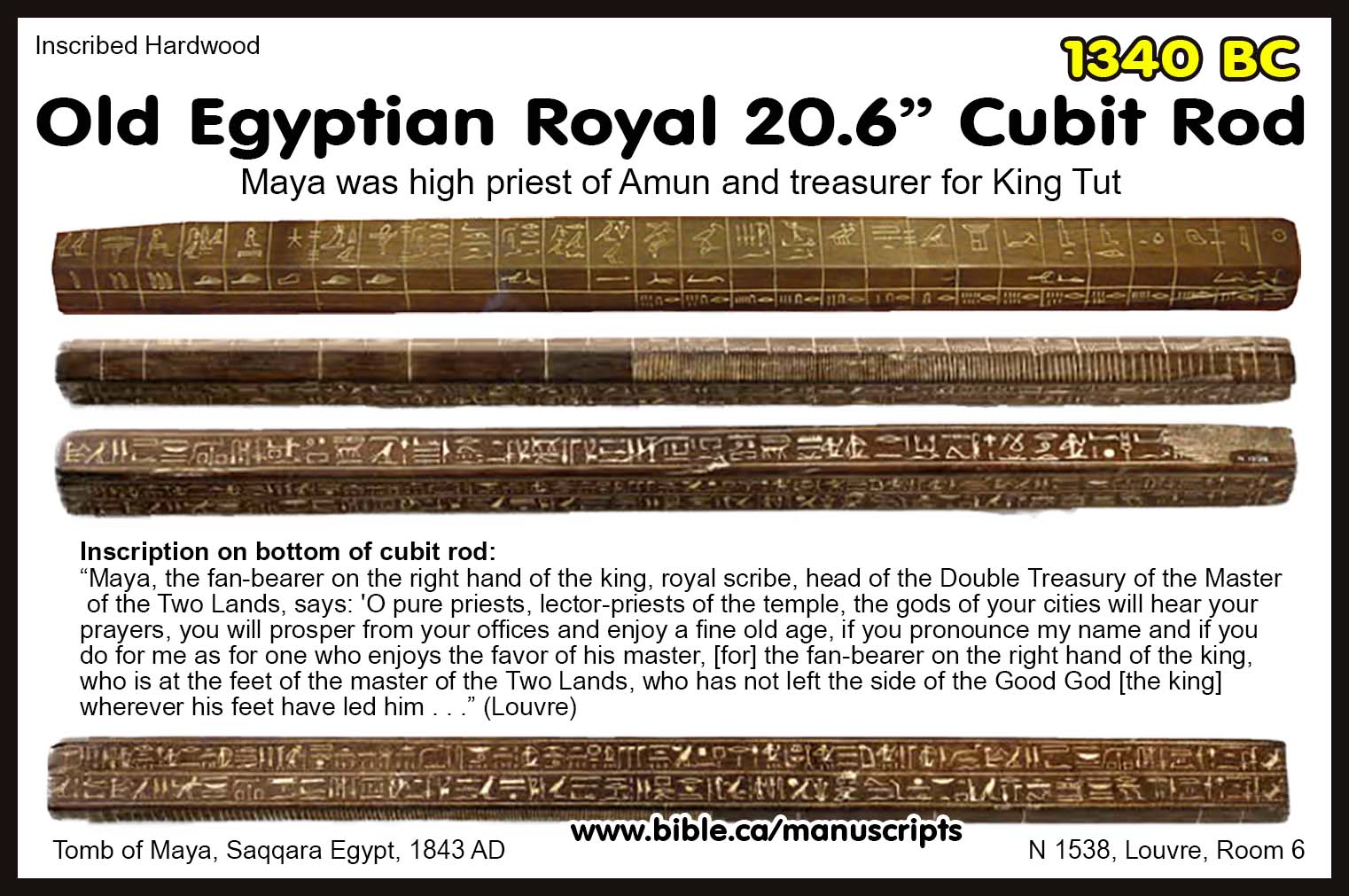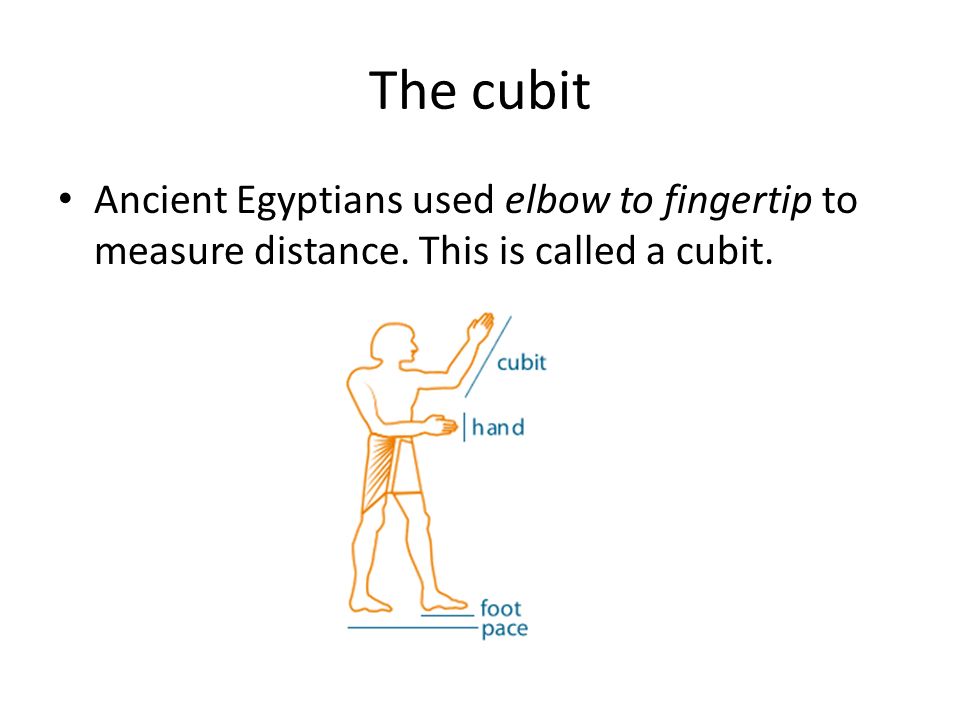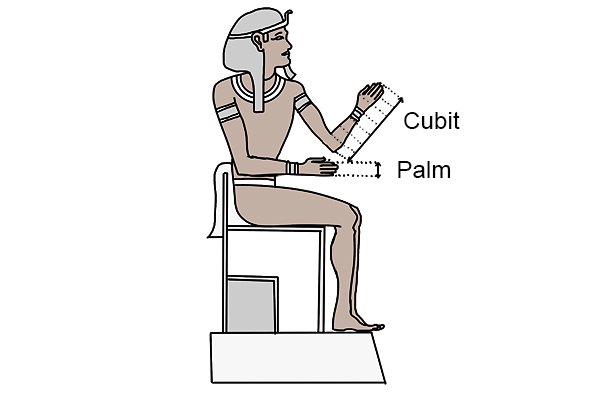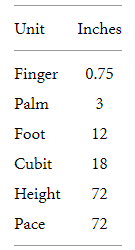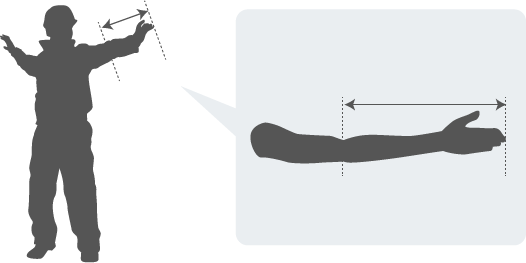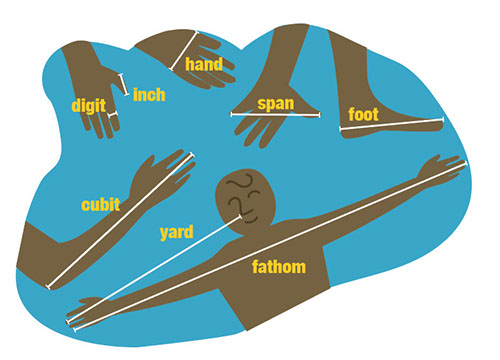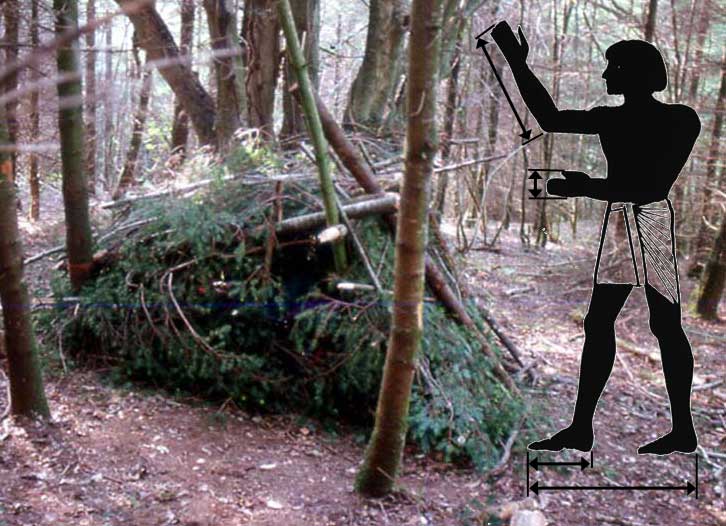The ancient egyptian royal cubit meh niswt is the earliest attested standard measurecubit rods were used for the measurement of lengtha number of these rods have survived. Using ancient pottery to measure volume.
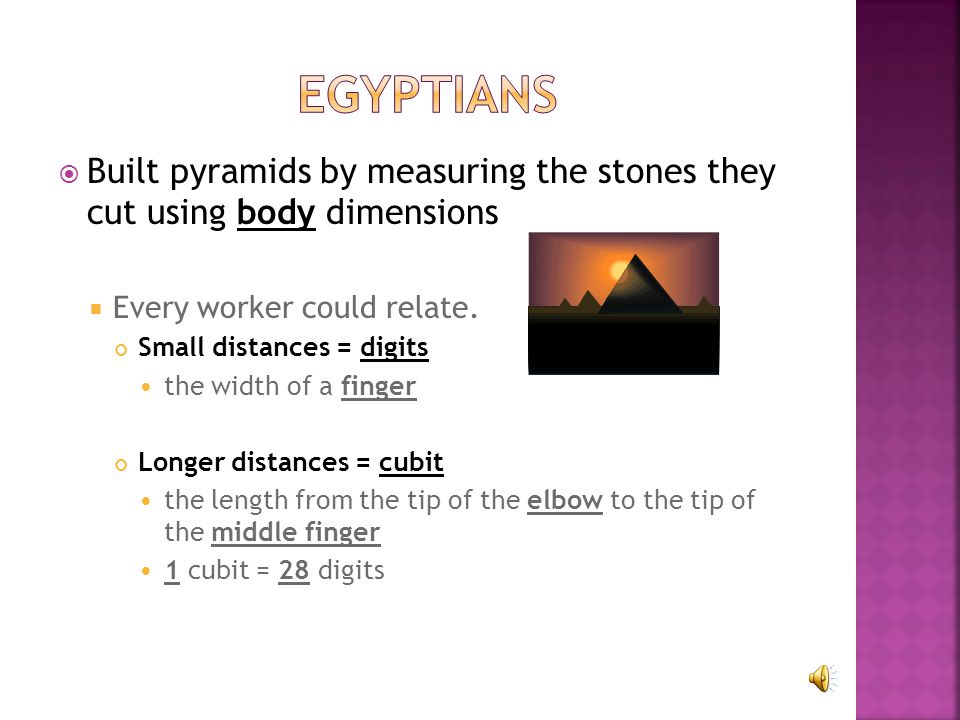
The History Of Measurement Ppt Video Online Download
Body measurement cubit. Today a pace is the length of one step 2 1 2 to 3 feet. 1 using the human body as the reference. Two are known from the tomb of maya the treasurer of the 18th dynasty pharaoh tutankhamun in saqqara. Although we might think there is an inescapable logic in dividing it in a systematic manner this ignores the way that measuring grew up with people measuring shorter lengths using other parts of the human body. Cubit unit of linear measure used by many ancient and medieval peoples. Today a cubit is about 18 inches.
It thereafter became ubiquitous in the ancient world. The way base units of length have been determined has changed greatly over time. Another was found in the tomb of kha in thebesfourteen such rods including one double cubit rod were described. Cubit is latin for elbow and is a term used in umbrella fashion to categorize measurements approximately the length from elbow to fingertip though these lengths range from anywhere around fifteen inches to twenty eight inches. It probably goes without saying that the unit foot was based on the length of a mans foot. 1000 paces was a mile.
Ancient pottery offers the best clues for archaeologists to determine some of these biblical volume capacities according to edwards and other sources. It is believed that almost all ancient linear measurements resulted from body proportions. The cubit was just one of numerous units of measurement based on the typical size of body parts. This is a useful way of measuring cloth held center body to an outstretched hand two cubits or across the body to both outstretched hands four cubits as specified in exodus 26. The ancient roman soldiers marched in paces which were the length of a double step about 5 feet. For example the cubit was a unit that indicated the length from the elbow to the fingertips.
Long ago the base for reference was the human body. The english yard could be considered a double cubit said to measure 12 palms about 90 cm or 36 inches measured from the center of a mans body to the tip of the fingers of an outstretched arm. It may have originated in egypt about 3000 bc. The cubit generally taken as equal to 18 inches 457 mm was based on the length of the arm from the elbow to the tip of the middle finger and was considered the equivalent of 6 palms or 2 spans. This unit was used in ancient cultures in mesopotamia egypt and rome. The ancient egyptian units of measurement are those used by the dynasties of ancient egypt prior to its incorporation in the roman empire and general adoption of roman greek and byzantine units of measurementthe units of length seem to have originally been anthropic based on various parts of the human body although these were standardized using cubit rods strands of rope and official.
A lick was used by the greeks to measure the distance from the tip of the thumb to the tip of the index finger. Here are a few more. Pottery labeled bath that was dug up in tell beit mirsim in jordan has been found to hold about 5 gallons comparable to similar containers of the greco roman era with capacities of 568 gallons. To measure smaller lengths required subdivisions of the royal cubit.
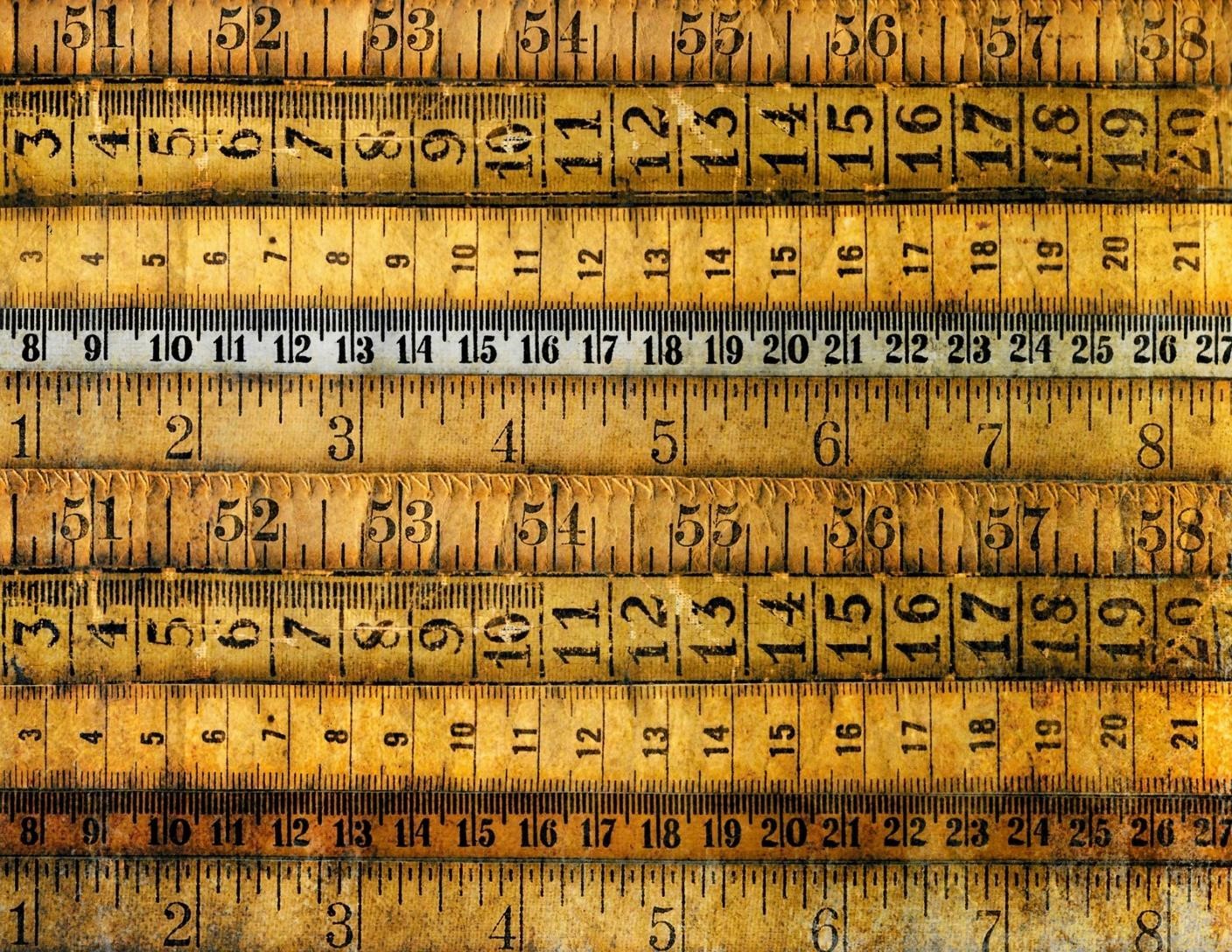
%2C445%2C291%2C400%2C400%2Carial%2C12%2C4%2C0%2C0%2C5_SCLZZZZZZZ_.jpg)

